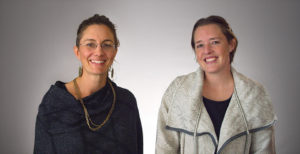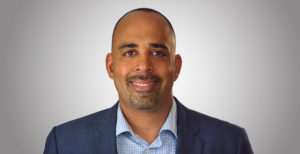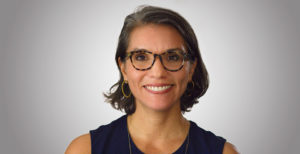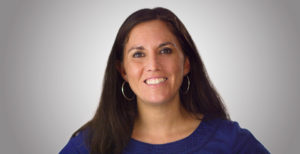Project Overview
The Asylum Seeker Advocacy Project (ASAP) offers a model for “lawyering in a crisis” by crowdsourcing short-term volunteers to provide rapid legal services to asylum-seeking families. The need is vast: Having traveled as law students to a detention center near the U.S.-Mexico border, ASAP’s co-founders were shocked at the conditions they encountered. The facility housed 2,400 refugee women and children, with just two on-the-ground legal service providers. In response, the organization formed in 2015 with 15 student volunteers, and they won every case forced to go to trial in that detention center. Today, the group has worked with over 500 legal volunteers across the country, successfully representing more than 300 asylum seekers in 28 states. By utilizing experts across the nation, ASAP deploys pro bono hours where they are most effective, while learning from legal innovations in a variety of venues. ASAP also found that connecting refugees to one another can be as important as linking them with lawyers, so they launched a private online community where thousands of formerly detained, asylum-seeking mothers now share critical information through a peer-support network.
Five Questions
Learn more about this project
Meet our other 2017 awardees

Western North Carolina
Connecting cultural heritage, youth retention, and economic revival, The Industrial Commons helps small to mid-size manufacturers convert to worker-ownership.

Washington, D.C. and San Diego, CA
Seeking to restore imperiled coral reefs, Coral Vita is leveraging for-profit tools to build a network of high-tech coral farms.

Washington, D.C.
Rising Tides brings expertise on climate adaptation and cultural heritage directly to vulnerable communities to save America’s histories, traditions, and cultures.

California
Seeking to reimagine the legal profession, Esq. Apprentice creates a no-cost pipeline for low-income youth of color to become fully licensed attorneys.

Neighborhood Opportunity and Accountability Board (NOAB)
California
A neighborhood-led model for youth justice seeks to re-route resources spent on locking youth up, and instead invest in young people and their communities.

California
Through the nation’s first farm labor trust, immigrant farmworkers are reaping the benefits of worker-ownership while strengthening America’s food economy.

Texas
Jolt is pioneering a Latino youth-led movement across Texas to fight for stronger immigrant protections and rewrite the immigration narrative.

Ho‘oulu Pacific
Hawaii
Ho‘oulu Pacific’s win-win model of “distributed agriculture” provides income for household farmers and healthy, affordable food for Hawaiians.

 Learn More
Learn More